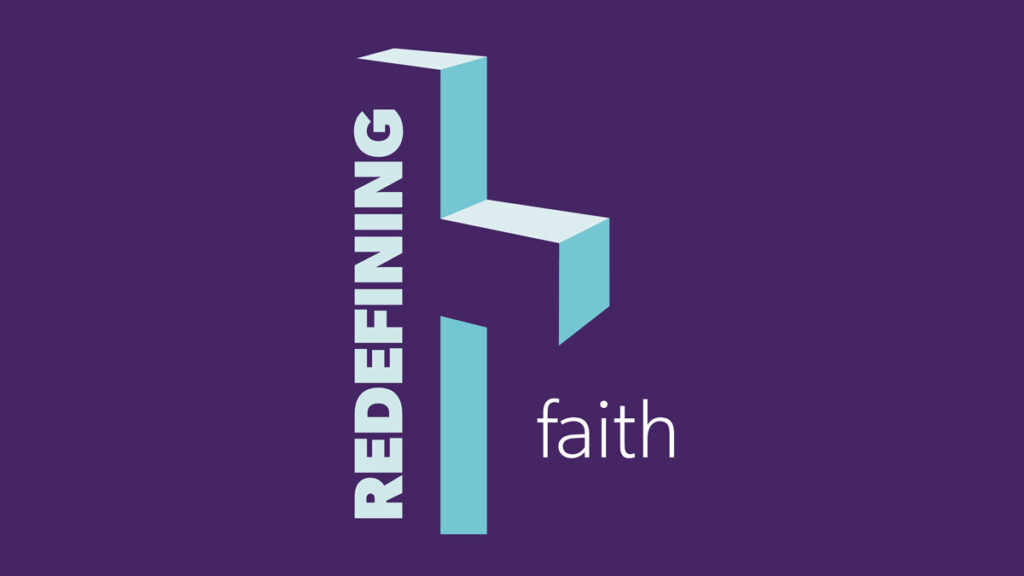“What is the best thing about having zero expectations?” my dad asked me.
We had been having a challenging conversation. In fact, it was the first time I had talked to my dad about some issues that had been bothering me. He was giving me advice (which I am learning to treasure). When I was younger, I would sometimes feel annoyed when he would tell me things I thought I already knew—I felt like he thought I was a child. But I must be growing up (finally)—I appreciate his wisdom so much more now.
“You can’t be disappointed,” I murmured to myself.
“The best thing about having zero expectations,” he powered on, “is you can’t be disappointed.” He was in full flight now!
You don’t expect anything, so any relationship, any growth, any change, is a:
Blessing
Blessing
Blessing
You see, there are small blessings and normal blessings and bigger blessings but, no matter the size of the blessing, it is still a blessing, and an unexpected one if you go in with zero expectations.
If nothing comes out of it, you haven’t lost anything.
These comments were more profound than I expected them to be. Let me explain. [pullquote]
We need to give without expectations. Matthew 6 reminds us that we do not give for acclaim or gain. We should not give just so we can get paid back later. We should just give cheerfully and allow our joy to be free to flow onto others. We should give financially, not so we can control where the Church uses the money or how they act or what they preach (that is the beauty of the worldwide system over the congregational). We have high expectations so we give to independent causes instead of the communal storehouse. Nothing wrong with giving to independent causes but shouldn’t that be above and beyond our normal obligations?
We need to forgive without expectations. Not because we expect change or to get something back from the person who has hurt us. Not even to make them feel bad or to get the relationship back. No, we need to forgive for ourselves and because Christ compels us. Anything else that comes out of it is just a blessing.
And we need to love. Not so we can be loved back. This is the hardest thing. Jesus says love your enemies. True love expects nothing in return. So I need to show my wife love (not to get something in return), serving her needs and laying down my life for her. I have to love the people in my church, not so I can collect the most lunch invites, but so that I can be a blessing to them in their times of need, even if I disagree with their style of worship or dress. What about our neighbours or the future church family that come to our programs? Do we love without an agenda, or do we try to sign them up to further programs? We see people as targets, not Imagio Dei. We do not love without expectation but instead, we want them to conform to our idea of good religious practice. Like Pharisees we try to ask them to give up meat, smoking or sport, dress the right way, think the right way—before we’ve even understood who they are and cared about them. We promise unconditional love, but only after they conform. What if we were a Church that loved first, with zero expectations?
Doing things without expectation is difficult for us as humans. If you’re anything like me you’re always over-analysing, trying to predict the outcome or work out the cost-benefit ratio.
Yet it comes down to respecting the freedom to choose, which is a reflection of true love. It gives power for God to work in our lives and the lives of others. It allows us to not worry about the future. And allows us to praise God for His good works, because everything is unexpected and we are grateful and awed by it.
We must lose control to gain control. Christ did it. He gave up heaven and all its glory to live with nothing, until He even gave His life (see Philippians 2:5-11).
So let go and let God. You won’t be disappointed.






